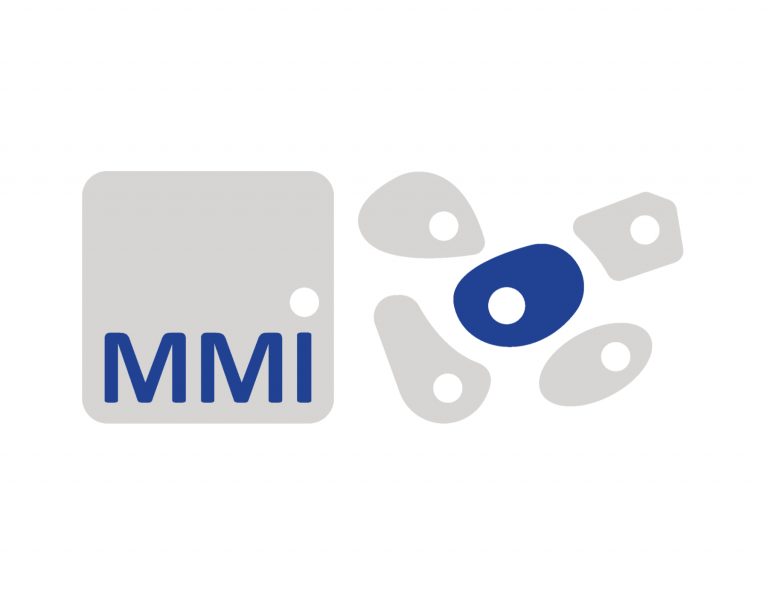Google DeepMind Unveils AlphaProteo: A Revolutionary AI for Protein Design
Google DeepMind has introduced AlphaProteo, an advanced AI system designed to generate novel proteins that bind to specific molecular targets. This innovation promises to accelerate research in biology and health, potentially revolutionising drug design and disease understanding.
AlphaProteo’s Capabilities and Impact
While AlphaFold, DeepMind’s AI system that predicts a protein’s 3D structure from its amino acid sequence revolutionised protein structure prediction, the new AlphaProteo AI takes it a huge step further by designing novel proteins that can bind to specific targets, significantly advancing drug discovery and biological research.
AlphaProteo stands out by creating high-strength protein binders that can serve as essential building blocks for various biological and health research applications. These binders are critical for understanding and manipulating biological processes, aiding in drug discovery, biosensor development, and much more.
One of the most notable achievements of AlphaProteo is its ability to design protein binders for diverse target proteins, including VEGF-A, a molecule linked with cancer and diabetes complications. This marks the very first time an AI tool has successfully designed a protein binder for VEGF-A.
Showcasing Success on Key Protein Binding Targets
To test AlphaProteo, DeepMind designed binders for a variety of target proteins. These included two viral proteins involved in infection, BHRF1 and the SARS-CoV-2 spike protein receptor-binding domain (SC2RBD), as well as five proteins involved in cancer, inflammation, and autoimmune diseases: IL-7Rɑ, PD-L1, TrkA, IL-17A, and VEGF-A. The system demonstrated highly competitive binding success rates and best-in-class binding strengths. For these seven targets, AlphaProteo generated candidate proteins in-silico that bound strongly to their intended proteins when tested experimentally.
Enhanced Efficiency and Success Rates
Trained on extensive protein data from the Protein Data Bank and over 100 million predicted structures from AlphaFold, AlphaProteo has demonstrated remarkable efficiency. It achieves higher experimental success rates and binding affinities, ranging from 3 to 300 times better than existing methods across seven tested target proteins.
A Significant Leap Forward in Protein Design
Traditional protein design methods are labor-intensive and require multiple rounds of experimental testing. AlphaProteo, however, simplifies this process by generating candidate proteins that bind to target molecules at specified locations. This capability significantly reduces the time and effort needed for initial experiments.
Future Prospects and Collaborations
While AlphaProteo has shown impressive results, it also has limitations. For instance, it was unable to design successful binders against TNFɑ, a protein linked to autoimmune diseases like rheumatoid arthritis. To address such challenges and ensure responsible development, Google DeepMind is collaborating with external experts and contributing to community efforts in developing best practices.
AlphaProteo’s introduction marks a significant milestone in AI-driven protein design, with the potential to transform various fields of pharmaceutical research, such as drug design, disease understanding and many more. As this technology evolves, it promises to unlock new possibilities in understanding and treating complex diseases, paving the way for groundbreaking breakthroughs in the foreseeable future.
Original Source: DeepMind Blog
Recommended Companies
Ad
More Headlines








